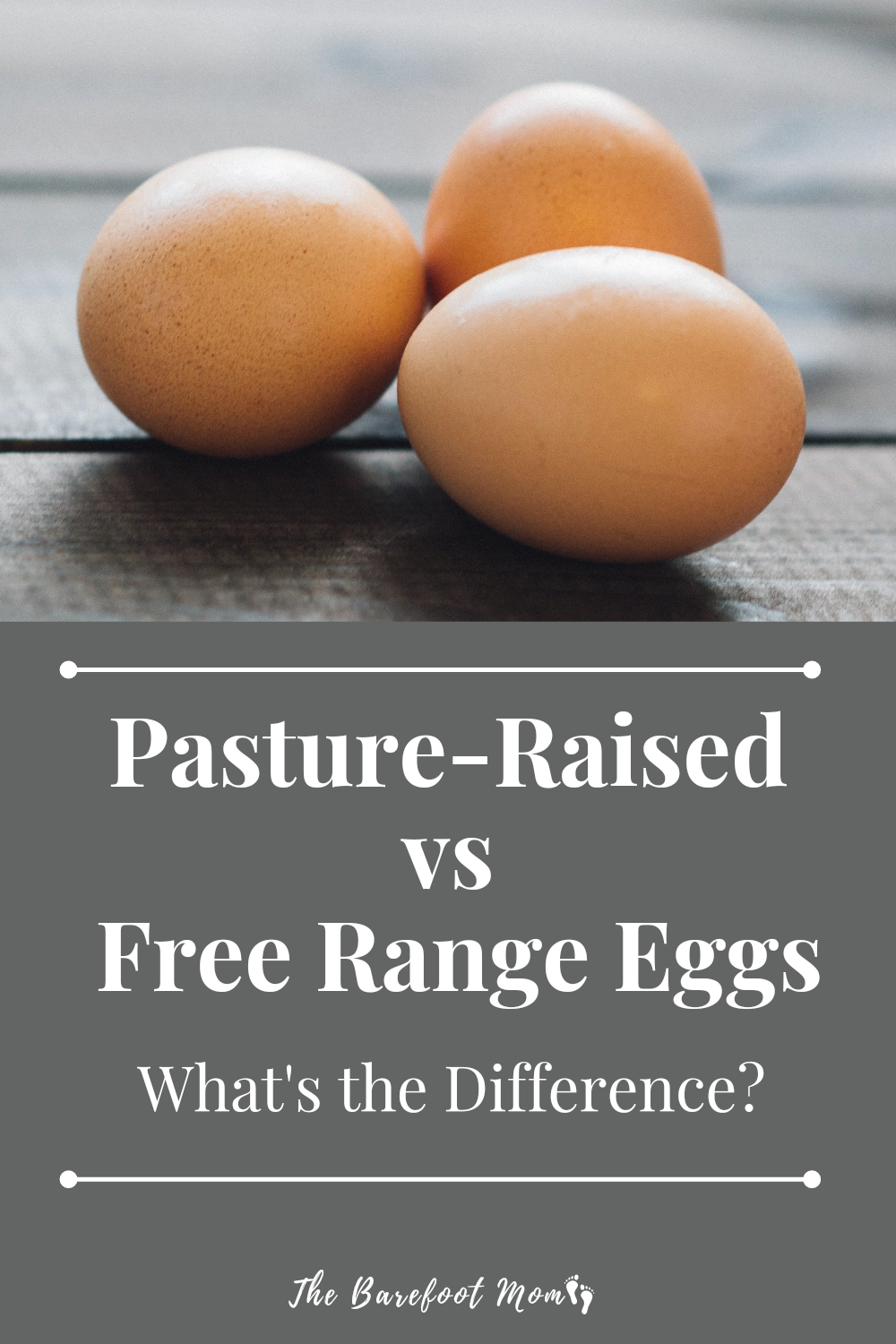In today's world, consumers are becoming increasingly aware of the origins of their food, leading to a rise in demand for ethically sourced products. Eggs, a staple in many diets, are no exception. Among the myriad of options available, pasture raised and free range eggs often create confusion. While both terms suggest that hens are not confined to cages, the specifics of their living conditions can greatly impact the quality and nutritional value of the eggs they produce. Understanding these differences is essential for making informed choices that align with personal values regarding animal welfare and sustainability.
In this article, we will explore the nuances between pasture raised eggs and free range eggs, delving into their definitions, benefits, and potential drawbacks. By the end of this guide, you will be equipped with knowledge that helps you navigate the egg aisle with confidence, ensuring that your choices resonate with your priorities. As we unravel the layers surrounding these two popular egg types, you may find that one option stands out as the clear winner for your kitchen and conscience.
Whether you're a health-conscious consumer, a culinary enthusiast, or simply someone who wants to support sustainable farming practices, understanding the differences between pasture raised eggs and free range eggs will enable you to make choices that reflect your values. Join us as we break down these terms, providing clarity and insight into the world of eggs.
What Are Pasture Raised Eggs?
Pasture raised eggs come from hens that are given access to outdoor spaces where they can roam freely. These hens are typically raised on farms that prioritize animal welfare, allowing them to forage for insects and plants, which contributes to their overall health and well-being. Here are some key features of pasture raised eggs:
- Hens are provided with a minimum of 108 square feet per bird in outdoor space.
- They have access to sunshine, fresh air, and natural surroundings.
- Their diets are often supplemented with organic feed, enhancing the nutritional quality of the eggs.
What Are Free Range Eggs?
Free range eggs are produced by hens that are not kept in cages and have some access to the outdoors. However, the specifics of their outdoor access can vary by farm and certification standards. Here are some characteristics of free range eggs:
- Hens are usually provided with indoor space that allows them to move freely.
- They have access to outdoor areas, though the size and quality of these areas can differ significantly.
- Free range eggs may come from farms that do not adhere to strict organic practices.
How Do Pasture Raised Eggs Compare to Free Range Eggs?
When comparing pasture raised eggs vs free range, several factors come into play, including nutritional content, taste, and ethical considerations. Here’s how they differ:
- Nutritional Value: Pasture raised eggs tend to have higher omega-3 fatty acids and vitamin D due to the hens' diverse diet.
- Flavor Profile: Many consumers find that pasture raised eggs have a richer flavor compared to free range eggs.
- Animal Welfare: Pasture raised farming methods generally provide better living conditions for hens than typical free range setups.
Are There Any Health Benefits to Choosing Pasture Raised or Free Range Eggs?
Choosing between pasture raised eggs and free range eggs often hinges on health considerations. Research has indicated that pasture raised eggs can offer superior nutritional benefits, including:
- Higher levels of essential fatty acids
- Increased vitamin A and E content
- Less cholesterol and saturated fat
These advantages stem from the hens' access to a natural diet that includes forage, which can significantly impact the eggs' nutritional profile.
What Should You Look for When Buying Eggs?
When shopping for eggs, it’s essential to read labels carefully. Here are some tips on what to look for:
- Seek certifications that ensure humane farming practices.
- Choose brands that provide transparency about their farming methods.
- Consider the nutritional information on packaging, especially if you are health-conscious.
Can You Taste the Difference Between Pasture Raised and Free Range Eggs?
Taste is subjective, but many consumers report a noticeable difference in flavor between pasture raised and free range eggs. Factors that may influence taste include:
- The hens' diet and foraging habits.
- The freshness of the eggs.
- The farming practices used in raising the hens.
Many chefs and home cooks prefer pasture raised eggs for their richer taste, making them ideal for gourmet dishes and baking.
Are Pasture Raised Eggs Worth the Price?
Pasture raised eggs often come with a higher price tag compared to free range options. Here are some considerations to determine if they are worth the investment:
- Assess your budget and how much you value animal welfare.
- Consider the nutritional benefits that pasture raised eggs offer.
- Think about your cooking habits and whether the flavor difference is important to you.
Conclusion: Pasture Raised Eggs vs Free Range - Which Is Right for You?
Ultimately, the decision between pasture raised eggs and free range eggs boils down to personal preferences regarding taste, nutrition, and ethical considerations. By understanding the differences between the two, you can make a more informed choice that aligns with your values and dietary needs. Whether you choose to invest in pasture raised eggs or opt for free range options, each choice supports a shift toward more humane and sustainable farming practices.
As consumers, we hold the power to influence the market by choosing products that reflect our beliefs and preferences. By prioritizing eggs from farms that adhere to high welfare standards, you contribute to a more ethical food system while enjoying the benefits of delicious, nutritious eggs.



